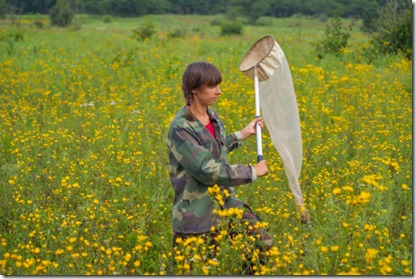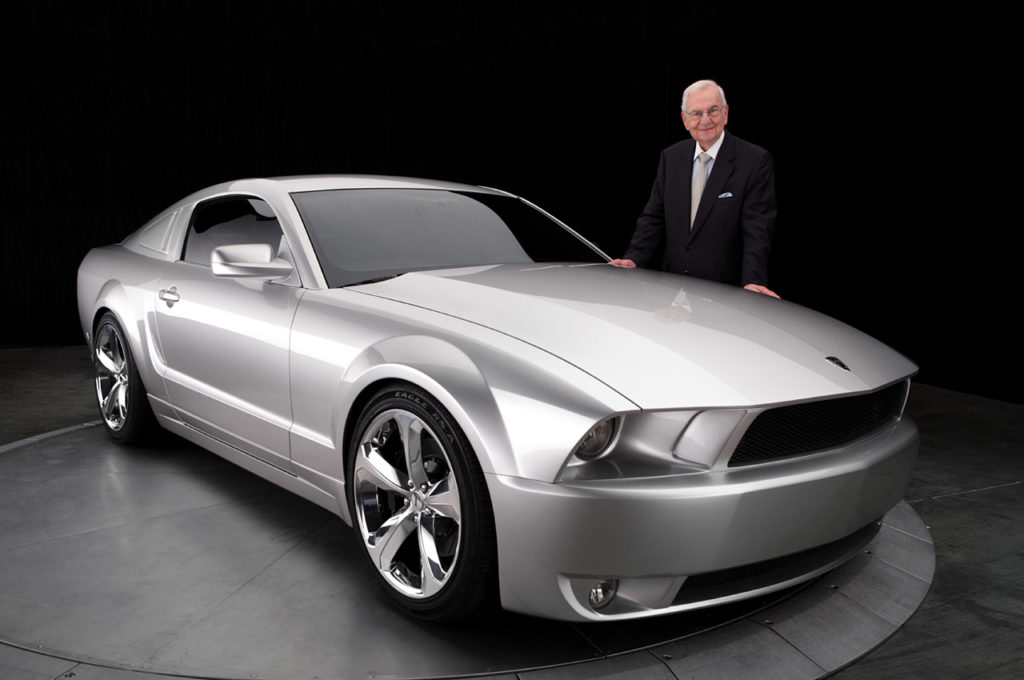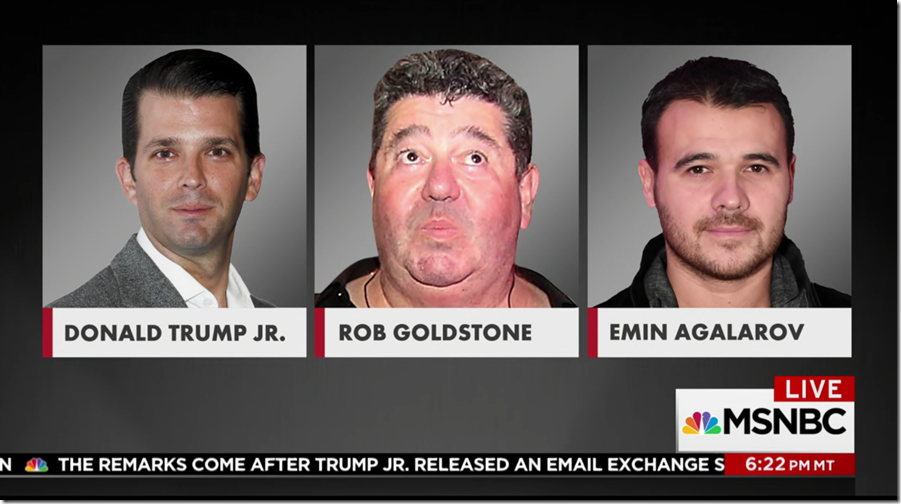Dear Reporters: Stop Calling Me Young And Attractive!
A reader from Norway named Susanna recently wrote with an interesting question:
“As a biologist, I would like to be taken seriously and for people to discuss at a professional level. Unfortunately, the debate often shifts towards my looks, the fact that I am young, female, and inexperienced. Could you write more about how to deal with such people, and how to quickly steer the debate back to a professional level when such situations occur?”
“For example, when visiting a farm recently, my fellow colleagues and myself were referred to as ‘the girls from the city’ in a newspaper article—clearly indicating that we do not know what we are talking about when we discuss rural politics.”
Susanna, I sympathize with your predicament. It’s perfectly understandable that you want news articles to focus on your work, not your physical appearance, gender, or age. I have a few ideas for you which may help reduce the number of times this happens—but truthfully, I’m not sure you can prevent it from occurring entirely.
First, let me take this from a reporter’s perspective for a moment. A reporter’s job is to set the scene, to describe the who, what, when, where, and why of a story. I suspect that many times, the adjectives used to describe you are intended primarily to help readers create an image of who you are. Even if that isn’t the most relevant information in a story, the “who” often helps sell the “what and why.” Depending on the story, your age and level of experience may be relevant.
I’m more troubled by the reference to “the girls from the city,” or any other adjectives used primarily to dismiss your expertise and reduce your credibility in the eyes of readers. Below, you’ll find five ideas that might help.
1. Discuss The Issue With Reporters Before Agreeing To The Interview
It might be worth speaking to reporters about your concern prior to accepting the interview. You might say, “Before I agree to this interview, I was hoping to discuss one thing with you. Some reporters have mentioned my looks and age in their stories, which makes me deeply uncomfortable. Is that important information for you to include, or would you be willing to focus primarily on our work?”
Some reporters may not comply with your request. And in unusual circumstances, some might even disclose your request to the audience. But given the nature of your work, I’m not sure I see much harm in trying to have that conversation prior to an interview.
2. Praise Reporters Who Interview You
You might also be able to use a more subtle approach. If a reporter comes to visit your field site and begins asking you about your work, for example, you may stop for a moment and say, “You know, I really appreciate that your questions are so focused on our work. I’ve dealt with some reporters before who focused on my age, gender, and looks, and that always made me uncomfortable. So thank you for taking me and my work so seriously!”
That compliment may send a signal to the reporter not to focus on those other areas. I suspect that many female reporters will feel empathetic and that many male journalists would want to avoid stepping on a gender landmine. That said, your age, gender, and level of experience may be relevant, depending on the story.
3. Transition Away From Those Topics During The Interview
In some ways, reporters who bring up these sensitive topics during the interview are doing you a favor. That’s because sometimes, they will never ask you those questions directly but will still include those points in their stories.
If you’re asked those questions directly, you might just say, “You know, those questions make me uncomfortable. I’d prefer focusing on the work we’re doing here.” But before you do that, you should know the type of story the reporter is working on. Longer “feature” stories typically include information about your age and background, while straight “news” stories often don’t.
Just be aware that your strong objection to otherwise innocuous questions about your age might catch the attention of some reporters, making them more likely to include that information in their stories. So use a soft touch here, and try not to make your objections too strident.
4. Counter The Objections During The Interview
Generally speaking, it’s not a great idea to introduce negatives yourself. But if you think the reporter is leaning toward a “girls from the city” angle, you might try to preempt that by coming up with a compelling sound bite yourself.
For example, you might say: “Some of our critics have tried to discredit us as being from the city, but they ignore the fact that we’ve been living in/working with local communities full-time for the past six years.”
5. Reframe The Issue As a Positive In Your Own Mind
My wife is a biology professor, so I’m quite sensitive to the issue of gender and science. Too often, women are discouraged from going into science or are brought up in environments where it’s not even regarded as an option.
So you might consider how being cast as a “young, bright, attractive” woman in science may influence other people, particularly younger girls who hadn’t considered science as a career. Perhaps some young girl will see your story and awaken to the possibility of science as a career for her, too. Sometimes, all it takes to inspire someone younger is someone older who’s viewed as “cool.”
I recognize that does not apply to every story—especially those that use your demographic attributes to dismiss your credibility—but it may apply to some. Finally, although you might be concerned that mentioning your age or looks is automatically a credibility-buster, I’m not sure that’s always the case. Perhaps you can be seen as young, attractive, and credible.
Thank you for your question, Susanna. I hope there are a few ideas in here that help you as you progress in your career. Good luck!
Do you have any additional suggestions for Susanna? Please leave your thoughts in the comments section below!





Great advice, especially #5.
Thank you, Briana!
I was nervous about number five, because I didn’t want it to look like I was dismissing her concerns. But in some stories, a hip, young, cool female scientist may serve as a terrific recruiting tool for women in science.
Thanks for reading,
Brad
Thank you very much, that is very helpful advice. I hadn’t thought about the fact that being a young female scientist in the media can inspire others. I will keep that in mind, it will make it easier to see these reports in a new light!
We are all well-educated professionals in our organisation, and I will make sure that I communicate this in a friendly manner to journalists whenever I am unsure about their motives.
Don’t worry, because you are right on target with #5. Our two daughters are highly-attuned to the (lack of) culture. I wish they had more of their brother’s ability to not care. We counter the culture and encourage them to be themselves by homeschooling, but Miley Cyrus in a latex bikini with the other dude in a suit still gets through. (Hmmm – who has the power in THAT situation? It ain’t the naked girl.)
It won’t work to tell girls they have to pick either attractive OR smart. Being able to show them attractive AND smart helps me as a parent.
I like #2 and #5 in particular.
In many ways, I see women losing ground in terms of gender equality. Reporters focusing on the way a woman looks reflects the prevailing tendency for men to be judged on substance and women on form. You see it all the time in the selection of news anchors.
If women don’t want to be judged first on their looks, they have to stop playing into the game. Women object to blonde jokes, but then they dye their hair blonde. The media perpetuates this image of women in television and on the movies. Lawyers, doctors, and detectives are portrayed by actresses who look like models–with hair halfway down their backs, tons of lip gloss, cleavage showing, skirts skin tight, and heels they can barely walk in. Serious women professionals don’t draw attention to their gender in this manner.
Body language is another way in which we can highlight our gender or not. Men cultivate body language that conveys authority and self-confidence. It’s professional, business-like, no nonsense. They don’t do things like play with their necklaces, toss their silken locks around, or twirl a ring around a finger. BTW, I’m not suggesting women dress like men.
As for vocal quality, some women have very weak or high voices that make them sound either coquettish or like little girls. If you want to be listened to, you have to be heard, and you have to speak with self-confidence and authority. Some people believe that we’re born with our voice qualities, but this isn’t so. We can train our voices to be much stronger and lower our registers, but first we have to realize that it’s an issue and want to change.
Word choice is another area in which women walk a tightrope. They frequently preface remarks with softeners, such as “in my opinion,” “perhaps,” “I would suggest,” “do you think,” etc. When they just give their opinion as the expert in the room, they’re seen as intimidating or not “nice.” These words, however, detract from their being seen as experts who know what they’re talking about.
Eugenia,
Thank you very much for adding your wisdom and sage advice to the blog. You obviously know of what you speak. I’ll contact Susanna, the subject of this piece, to make sure she sees your comment.
Thanks for taking the time to leave your thoughts here.
Brad
Hi, thank you Eugenia for your thoughts.
I think it’s a difficult balance. Shouldn’t women be allowed to be feminine (e.g. long hair and feminine body language), and still be respected for our authority in our fields of expertise?